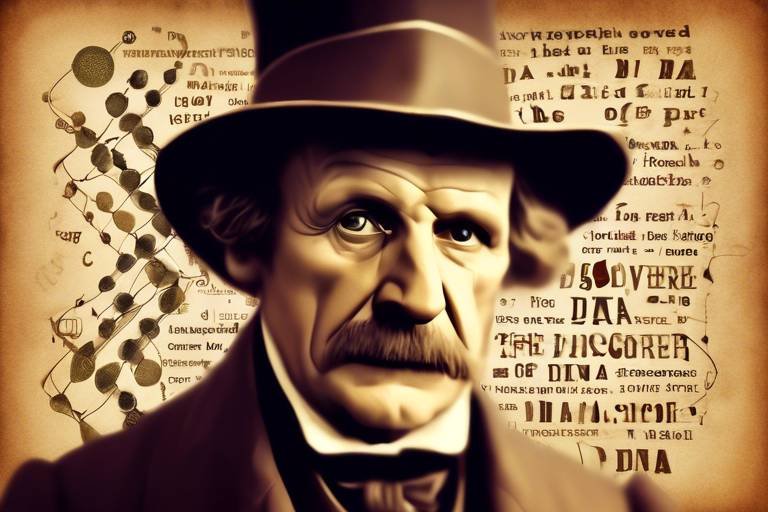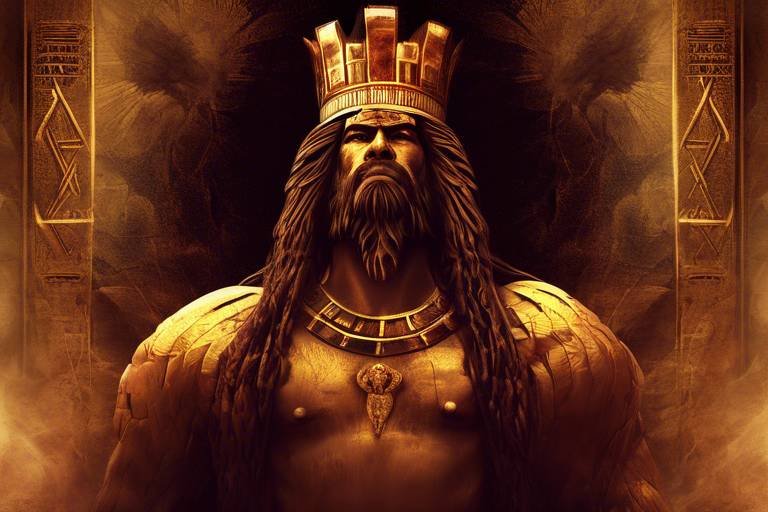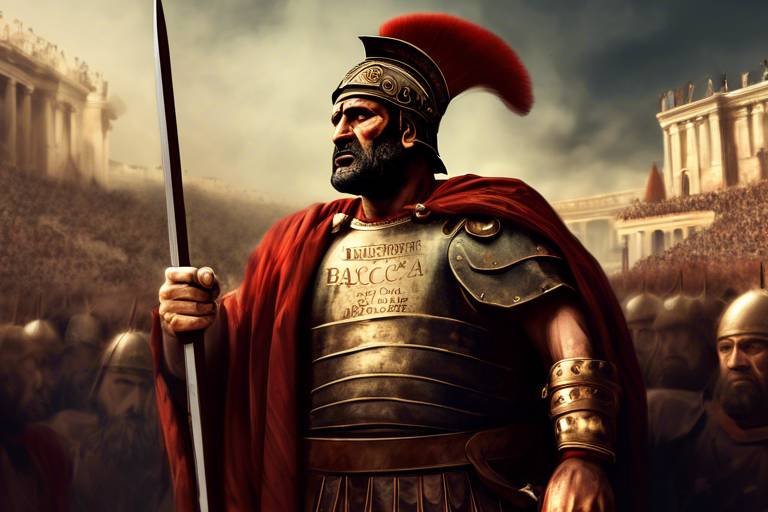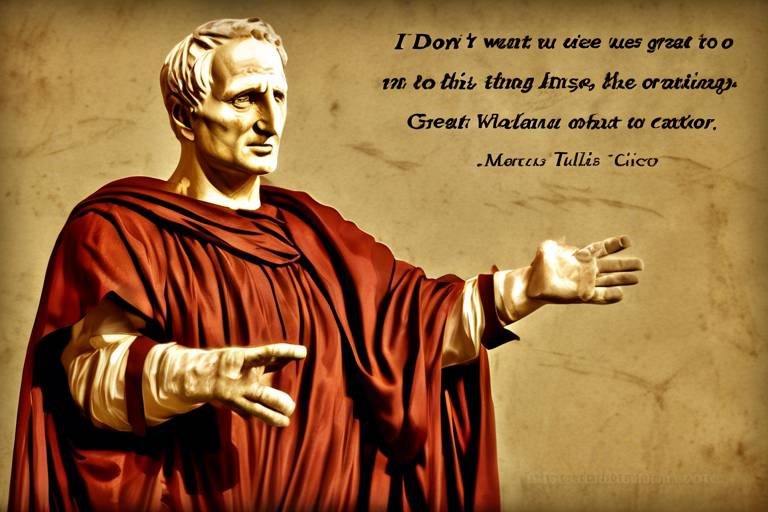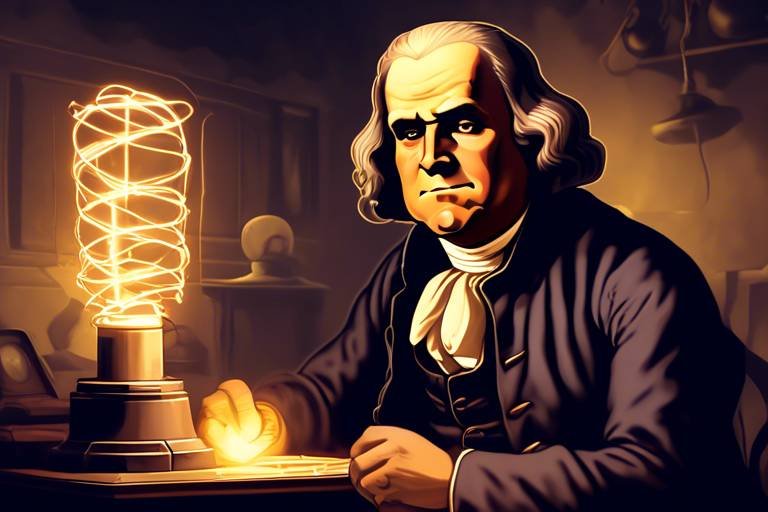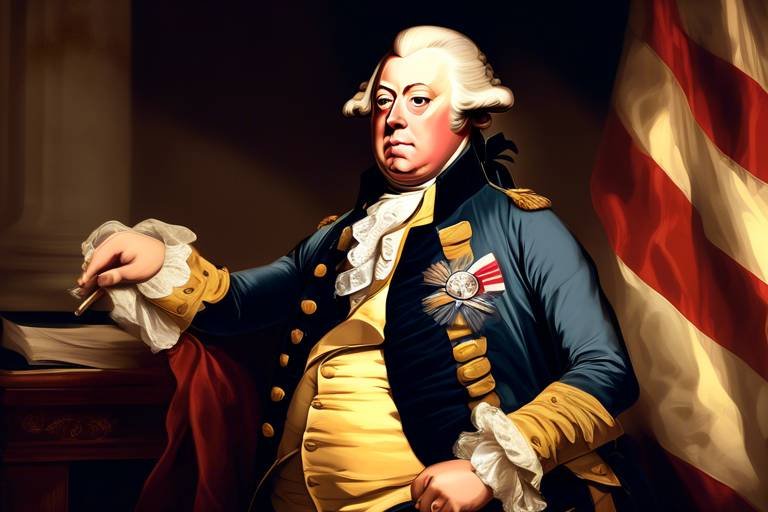Darius the Great: The King of Kings
Darius the Great, known as the King of Kings, was a formidable ruler whose legacy continues to captivate historians and enthusiasts alike. His reign marked a significant era in the history of the Persian Empire, characterized by unprecedented conquests, innovative governance, and enduring architectural marvels. Darius's journey from humble beginnings to the pinnacle of power is a tale of ambition, strategic brilliance, and unwavering determination.
As a visionary leader, Darius spearheaded ambitious military campaigns that expanded the Persian Empire to its greatest territorial extent. His conquests stretched across vast lands, showcasing his military prowess and strategic acumen. The empire under his rule flourished, benefiting from his administrative reforms and efficient governance structure.
One of Darius's most enduring legacies lies in his architectural endeavors, particularly the majestic city of Persepolis. The grandeur of his building projects reflected not only his wealth and power but also his commitment to immortalizing his reign through monumental structures that stood the test of time.
Moreover, Darius's approach to religion and culture set him apart as a leader who valued diversity and cultural exchange. His tolerance towards different beliefs and promotion of cultural unity within the empire fostered a harmonious society that thrived under his rule.
The legacy of Darius the Great extends far beyond his lifetime, shaping the course of history and influencing subsequent generations. His successors faced immense challenges in maintaining the empire's glory, ultimately leading to its decline. Despite the empire's eventual fall, Darius's impact on the ancient world remains a subject of admiration and scholarly debate.
Modern perspectives on Darius the Great offer fresh insights into his achievements and policies, sparking ongoing historical discussions about his significance. As scholars continue to unravel the complexities of his reign, the enduring legacy of the King of Kings continues to inspire curiosity and admiration.

Early Life and Rise to Power
Exploring the life and reign of Darius the Great, one of the most powerful rulers of the ancient world. Learn about his accomplishments, military campaigns, administrative reforms, and lasting impact on the Persian Empire.
From humble beginnings, Darius embarked on a remarkable journey that ultimately led to his coronation as the King of Kings. Born into a noble family, his early life was marked by challenges and opportunities that shaped his character and ambitions. As he navigated the intricate web of court politics and power struggles, Darius displayed a keen intellect and strategic acumen that set him apart from his peers.
Ascending to the throne of the Persian Empire was no easy feat, requiring not only political maneuvering but also military prowess. Darius's rise to power was a testament to his resilience and determination, as he overcame obstacles and rivals to claim his rightful place as the ruler of one of the greatest empires of the ancient world.
Explore Darius's ambitious military campaigns that led to the expansion of the Persian Empire into new territories. Learn about his conquests, strategies, and the vast reach of his empire.
Delve into Darius's administrative reforms and governance strategies that helped him establish a stable and efficient empire. Understand the organizational structure, provinces, and policies implemented during his reign.
Learn about the grand building projects commissioned by Darius, including the construction of Persepolis. Explore his architectural legacy and the monumental structures that symbolized his power and wealth.
Examine Darius's approach to religion and culture, including his tolerance towards diverse beliefs and his efforts to promote cultural exchange within the empire. Discover how his policies shaped the society of his time.
Reflect on the enduring legacy of Darius the Great and his impact on the Persian Empire and future generations. Explore how his reign influenced the course of history and his portrayal in ancient texts.
Investigate the reigns of Darius's successors and the eventual decline of the Persian Empire. Understand the challenges faced by subsequent rulers and the factors that contributed to the empire's downfall.
Consider modern perspectives on Darius the Great and ongoing historical debates surrounding his reign. Explore how scholars interpret his achievements, policies, and overall significance in the ancient world.

Expansion of the Persian Empire
During his reign, Darius the Great embarked on a series of ambitious military campaigns that significantly expanded the borders of the Persian Empire. His strategic vision and military prowess allowed him to conquer new territories and assert Persian dominance over vast regions. Darius's expansionist policies were driven by a desire to consolidate power, increase wealth, and establish control over key trade routes.
One of the most notable conquests during Darius's rule was the incorporation of Egypt into the Persian Empire. By defeating the Egyptian forces and installing a system of satraps to govern the region, Darius extended Persian influence into the rich lands of the Nile Delta. This conquest not only brought considerable wealth to the empire but also solidified Persian control over a crucial strategic region.
In addition to Egypt, Darius launched military campaigns into regions such as Thrace, Macedonia, and the Indus Valley, further expanding the territorial reach of the Persian Empire. These conquests enabled Darius to establish a vast network of provinces governed by loyal satraps, ensuring centralized control and efficient administration across diverse lands.
Moreover, Darius's military strategies emphasized both conquest and diplomacy, allowing him to forge alliances with local rulers and incorporate their territories into the empire peacefully. This approach not only minimized resistance but also facilitated the assimilation of diverse cultures and populations into the Persian fold, creating a more cohesive and integrated empire.
The expansion of the Persian Empire under Darius's leadership not only showcased his military acumen but also laid the foundation for a powerful and enduring empire that would shape the course of ancient history for centuries to come.

Administration and Governance
During his reign, Darius the Great implemented a series of administrative reforms that solidified his control over the vast Persian Empire. One of his most notable achievements was the establishment of a system of satrapies, or provinces, each governed by a satrap appointed by the king. This decentralized administrative structure allowed for efficient governance and tax collection across the empire, ensuring stability and order.
Furthermore, Darius introduced a standardized system of weights, measures, and coinage, known as the Daric, which facilitated trade and economic prosperity within the empire. By unifying these essential aspects of daily life, Darius promoted cohesion and unity among his diverse subjects.
In order to maintain control and prevent rebellions, Darius established a network of royal roads that connected the far reaches of the empire, enabling swift communication and troop movements. This infrastructure not only facilitated trade and travel but also served as a means of centralized authority, reinforcing the king's power.
Additionally, Darius implemented a code of laws known as the "Ordinances of Good Regulations," which aimed to ensure justice and fairness in the empire. These laws governed various aspects of society, including property rights, contracts, and criminal offenses, providing a framework for legal proceedings and dispute resolution.
Overall, Darius's administrative and governance policies were instrumental in maintaining the stability and prosperity of the Persian Empire during his reign. His innovative reforms laid the foundation for efficient governance and economic growth, leaving a lasting legacy that influenced future empires and administrations.
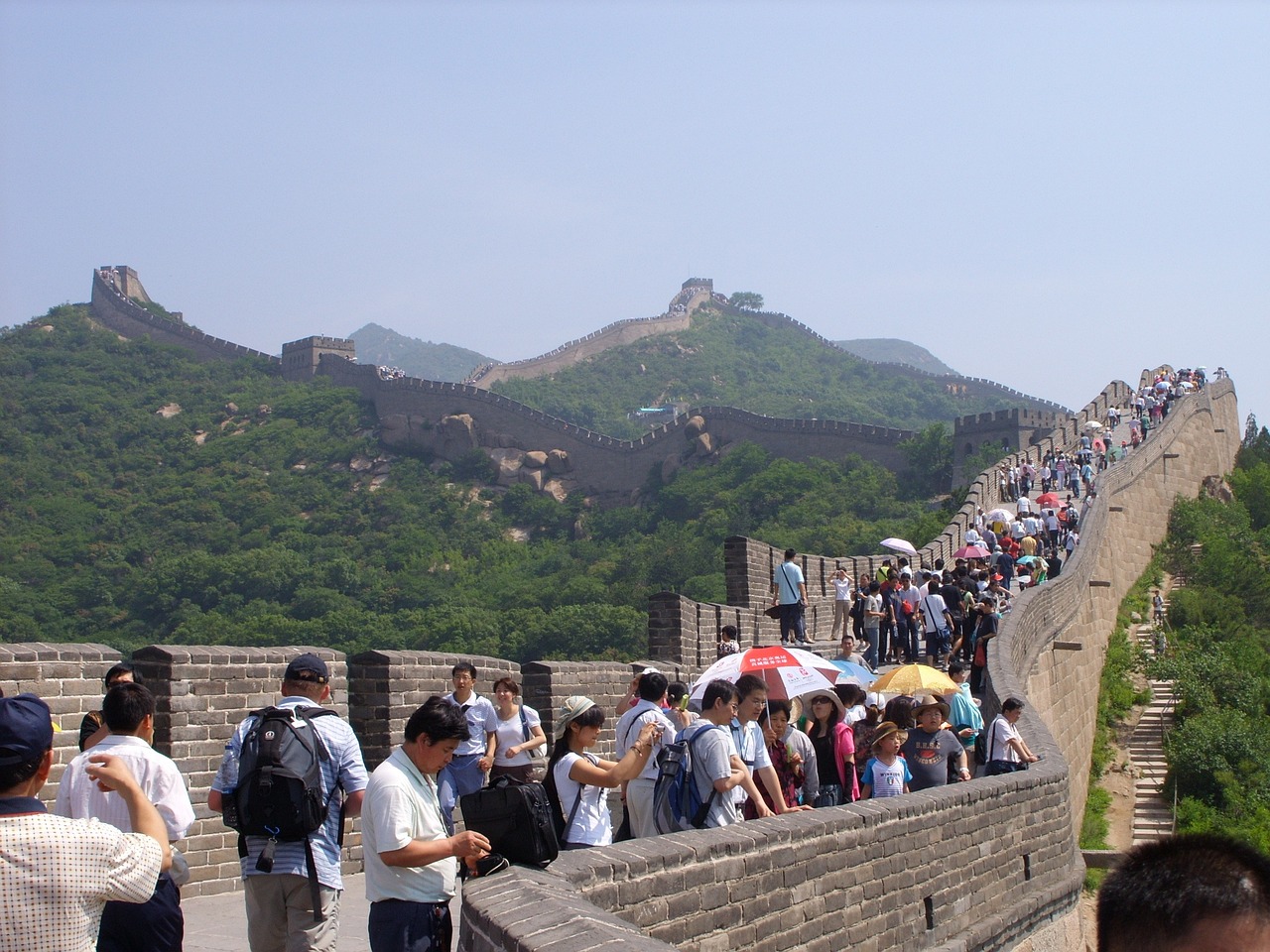
Building Projects and Architectural Legacy
When it comes to Darius the Great's legacy, his building projects and architectural legacy stand out as a testament to his grandeur and vision. One of the most remarkable feats of Darius was the construction of Persepolis, the magnificent capital of the Achaemenid Empire. This opulent city, adorned with intricately carved reliefs and monumental structures, showcased Darius's power and wealth to the world.
Moreover, Darius commissioned numerous building projects across the Persian Empire, ranging from temples and palaces to roads and bridges. These architectural endeavors not only served as symbols of imperial might but also facilitated communication and trade within the vast empire. The meticulous planning and execution of these projects reflected Darius's commitment to enhancing the infrastructure and connectivity of his realm.
One of the most iconic structures associated with Darius is the Apadana Palace in Persepolis, a grand audience hall adorned with impressive columns and intricate carvings. This architectural marvel not only served as a ceremonial center for royal gatherings but also embodied the artistic and engineering prowess of the Achaemenid architects and craftsmen.
Furthermore, Darius's architectural legacy extended beyond grandiose palaces and temples. He also focused on improving the water management systems in various regions of the empire, enhancing agricultural productivity and ensuring the well-being of his subjects. The construction of qanats and irrigation channels under Darius's reign not only boosted agricultural output but also demonstrated his commitment to sustainable development.
In essence, Darius the Great's building projects and architectural legacy not only left a lasting impact on the physical landscape of the Persian Empire but also served as a reflection of his ambition, vision, and commitment to advancing civilization through monumental constructions.

Religious Policies and Cultural Influence
When it comes to Darius the Great, his reign was not only marked by military conquests and administrative reforms but also by his unique approach to religion and culture. Darius was known for his tolerance towards diverse religious beliefs, allowing different faiths to coexist within the Persian Empire. This policy of religious freedom set him apart from many rulers of his time, fostering a sense of inclusivity and harmony among his subjects.
Furthermore, Darius actively promoted cultural exchange within his empire, encouraging the sharing of traditions, languages, and customs among different regions. This cultural openness contributed to a rich tapestry of diversity within the Persian Empire, creating a melting pot of ideas and influences that enriched society as a whole. Darius understood the value of cultural heritage and sought to preserve and celebrate the unique identities of various peoples under his rule.
One of the most significant aspects of Darius's religious and cultural policies was his respect for local customs and practices. Rather than imposing a singular belief system, he allowed regions to maintain their own traditions, fostering a sense of autonomy and respect for cultural differences. This approach not only ensured the stability of the empire but also promoted a sense of unity through diversity, creating a cohesive and resilient society.
In terms of cultural influence, Darius's reign saw the flourishing of art, architecture, and literature within the Persian Empire. His support for artistic endeavors led to the creation of magnificent structures such as Persepolis, showcasing the grandeur and sophistication of Persian civilization. The architectural legacy of Darius continues to awe and inspire observers, reflecting the power and vision of a ruler who valued cultural expression and creativity.
Overall, Darius the Great's religious policies and cultural influence played a crucial role in shaping the identity of the Persian Empire and leaving a lasting impact on future generations. By embracing diversity, promoting cultural exchange, and fostering artistic achievements, Darius set a precedent for enlightened governance that resonates through the annals of history.

Legacy and Historical Significance
Exploring the life and reign of Darius the Great, one of the most powerful rulers of the ancient world. Learn about his accomplishments, military campaigns, administrative reforms, and lasting impact on the Persian Empire.
Discover the background and journey of Darius from his humble beginnings to ascending the throne of the Persian Empire. Uncover the key events that shaped his path to becoming the King of Kings.
Explore Darius's ambitious military campaigns that led to the expansion of the Persian Empire into new territories. Learn about his conquests, strategies, and the vast reach of his empire.
Delve into Darius's administrative reforms and governance strategies that helped him establish a stable and efficient empire. Understand the organizational structure, provinces, and policies implemented during his reign.
Learn about the grand building projects commissioned by Darius, including the construction of Persepolis. Explore his architectural legacy and the monumental structures that symbolized his power and wealth.
Examine Darius's approach to religion and culture, including his tolerance towards diverse beliefs and his efforts to promote cultural exchange within the empire. Discover how his policies shaped the society of his time.
Reflect on the enduring legacy of Darius the Great and his impact on the Persian Empire and future generations. Explore how his reign influenced the course of history and his portrayal in ancient texts.
Investigate the reigns of Darius's successors and the eventual decline of the Persian Empire. Understand the challenges faced by subsequent rulers and the factors that contributed to the empire's downfall.
Consider modern perspectives on Darius the Great and ongoing historical debates surrounding his reign. Explore how scholars interpret his achievements, policies, and overall significance in the ancient world.

Successors and Decline of the Empire
After the death of Darius the Great, the Persian Empire faced a period of uncertainty and instability as his successors struggled to maintain the vast territories and diverse populations that comprised the empire. Xerxes, the son of Darius, ascended to the throne but faced numerous challenges during his reign. One of the most notable events of his rule was the invasion of Greece, which ultimately ended in defeat at the Battle of Plataea. The failed campaign marked a turning point in the empire's fortunes and highlighted the limitations of Persian military power.
Following Xerxes, a series of short-lived rulers took the throne, including Artaxerxes I and II, who faced internal rebellions and external threats to the empire. The lack of strong leadership and succession disputes further weakened the Persian Empire, making it vulnerable to conquest by Alexander the Great in 330 BC. Alexander's swift and decisive military campaigns brought an end to the Achaemenid Empire, marking the final chapter in the decline of Darius's once-mighty realm.
The decline of the Persian Empire was not solely due to external conquests but also internal factors such as administrative corruption, economic challenges, and social unrest. The inability of Darius's successors to effectively govern and maintain the loyalty of their subjects contributed to the empire's gradual disintegration. As rival factions vied for power and resources, the once-great empire fragmented and eventually succumbed to the forces of history.

Modern Perspectives and Historical Debate
When it comes to modern perspectives on Darius the Great, scholars and historians offer a range of interpretations that shape our understanding of this legendary ruler. Some view Darius as a visionary leader who implemented innovative administrative reforms and fostered cultural exchange within the Persian Empire. His tolerance towards diverse religious beliefs is often praised as a progressive approach that promoted unity and stability.
However, historical debate persists regarding certain aspects of Darius's reign, particularly his military campaigns and the extent of his imperial ambitions. Some scholars argue that Darius's conquests were driven more by a desire for power and control rather than a genuine commitment to expanding civilization. The legacy of his successors and the eventual decline of the Persian Empire also fuel ongoing discussions about the sustainability of Darius's policies and governance.
In the realm of modern academia, researchers continue to analyze primary sources and archaeological evidence to piece together a comprehensive picture of Darius the Great. By examining inscriptions, artifacts, and historical accounts, scholars strive to unravel the complexities of his rule and assess his lasting impact on the ancient world. The intersection of archaeology, linguistics, and historical analysis offers new insights into Darius's legacy and prompts further exploration of his significance in shaping the course of history.
Frequently Asked Questions
- Who was Darius the Great?
Darius the Great was a powerful ruler of the ancient world who reigned over the Persian Empire from 522 to 486 BC. He is known for his military conquests, administrative reforms, and architectural projects that left a lasting impact on history.
- What were some of Darius's major accomplishments?
Darius's major accomplishments include expanding the Persian Empire, implementing effective administrative systems, constructing monumental buildings like Persepolis, and promoting cultural exchange and religious tolerance within his empire.
- How did Darius shape the governance of the Persian Empire?
Darius implemented administrative reforms that divided the empire into provinces governed by satraps, established a system of taxation, standardized weights and measures, and created a postal system known as the Royal Road to facilitate communication and trade.
- What was Darius's legacy and historical significance?
Darius's reign left a lasting legacy on the Persian Empire and subsequent rulers. His organizational skills, military conquests, and cultural policies influenced the development of the empire and continue to be studied and debated by historians.




